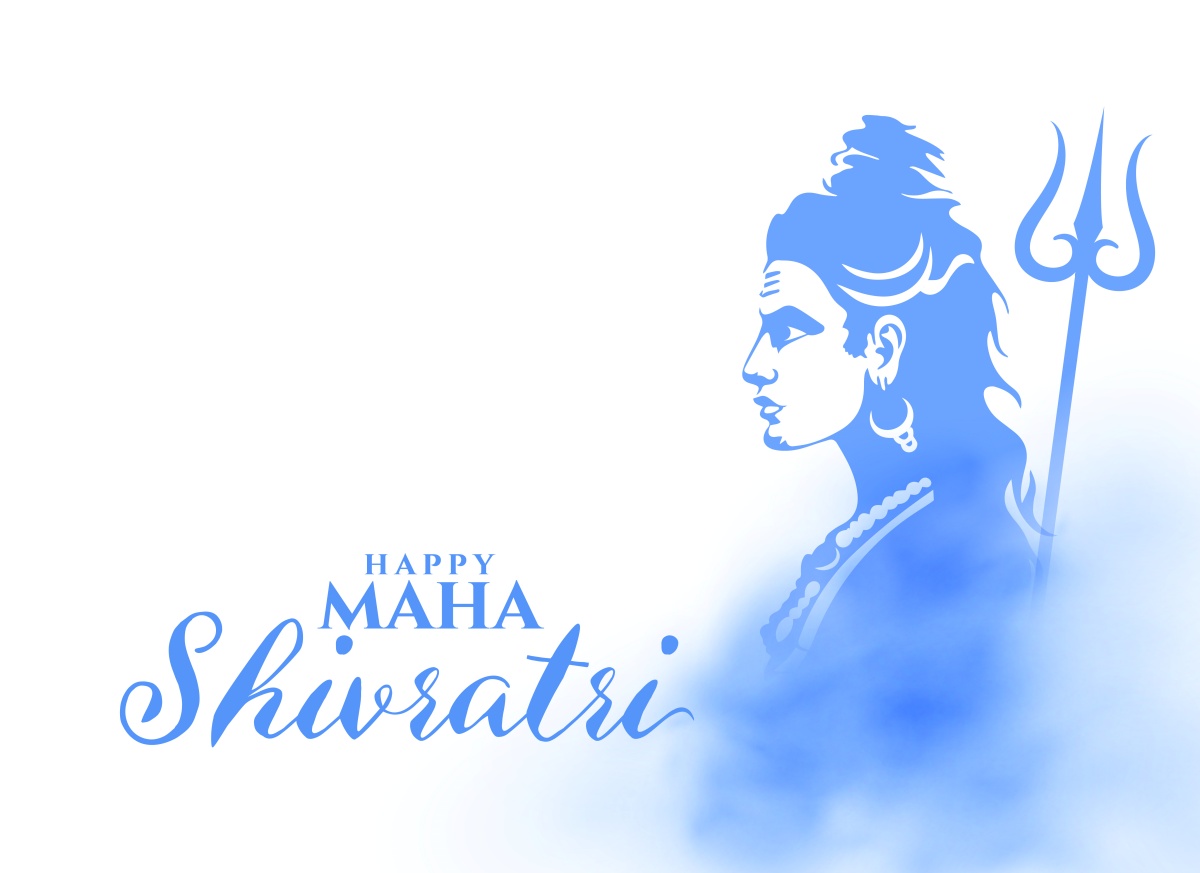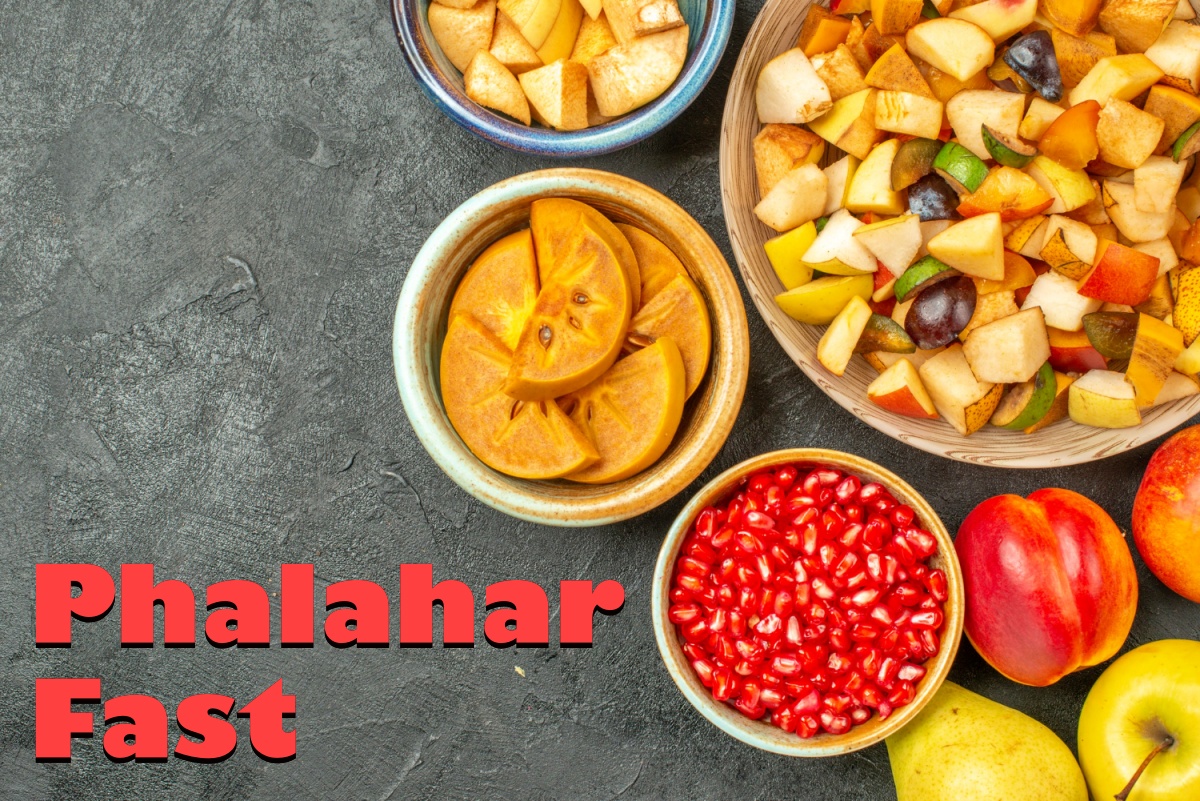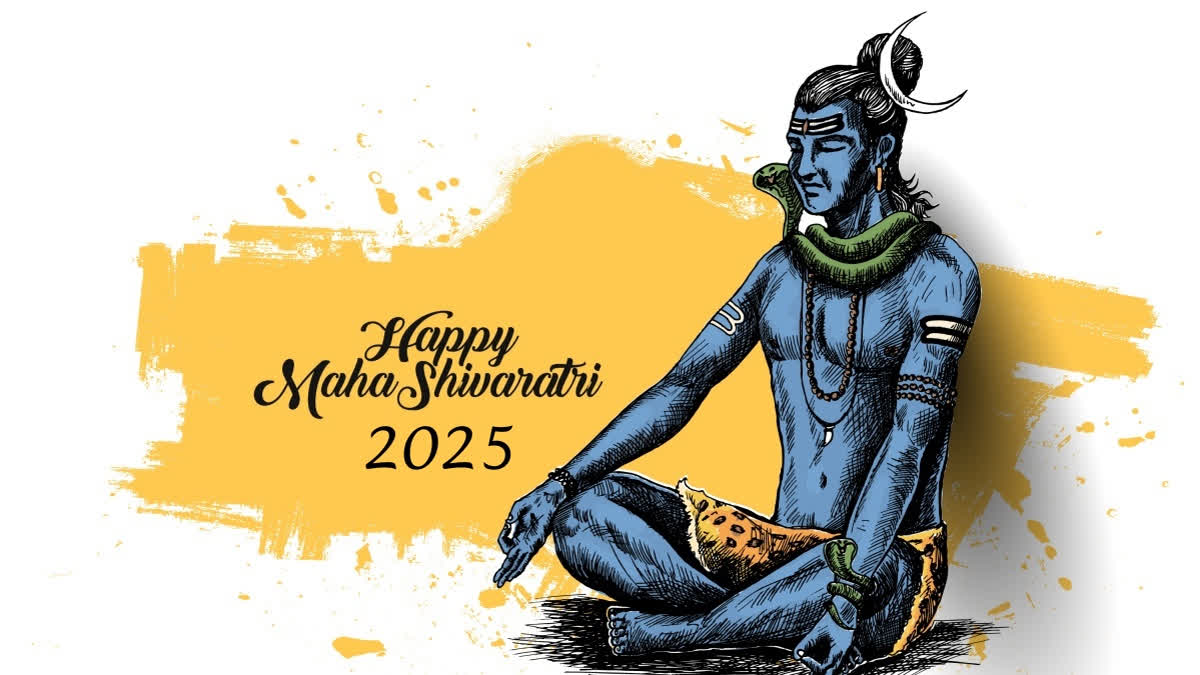Mahashivaratri is believed to be the most spiritually potent night of the year, as per Hindu traditions, making it an ideal time for self-discipline and inner transformation. Millions of devotees observe a fast to seek Lord Shiva’s blessings, but did you know that fasting on this night is also backed by science? Let’s explore why fasting is such a key part of Mahashivaratri and how to do it the right way.
Why Do We Fast on Mahashivaratri?
Mahashivaratri in 2025 will be observed on the night of February 26, with the Chaturdashi Tithi beginning at 11.08 am on February 26 and ending at 8.54 am on February 27. Fasting during Mahashivaratri is a way to purify the mind and body. According to Hindu beliefs, staying away from food helps devotees focus on prayer, meditation, and self-discipline. It is said that when we fast, we create positive energy that allows us to connect more deeply with Lord Shiva.
From a scientific perspective, fasting gives the digestive system a break, allowing the body to repair and rejuvenate itself. Research from Italy shows that controlled fasting can help regulate blood sugar, boost metabolism, and even promote longevity. When combined with meditation and chanting, fasting becomes a powerful way to cleanse both the body and the mind.

Health Benefits of Fasting
- Boosts Digestion – When we fast, our digestive system gets a much-needed break, improving gut health.
- Detoxifies the Body – Fasting helps flush out toxins, improving overall organ function.
- Enhances Mental Clarity – Without the sluggishness caused by heavy meals, the mind feels sharper and more focused.
- Balances Blood Sugar – Controlled fasting can help maintain steady blood sugar levels.
- Supports Weight Loss – Since the body starts using stored fat for energy, fasting can help with weight management.
- Improves Immunity – A short fasting period helps the body reset and strengthen the immune system.
Types of Fasting on Mahashivaratri
There are different ways to fast on Mahashivaratri, and you can choose what works best for you:
Nirjala Fast – No food or water is consumed for 24 hours. This is the strictest form of fasting and requires strong willpower.
Phalahar Fast – Devotees consume fruits, milk, and water but avoid grains and regular meals.

Partial Fast – Some people eat a light Sattvik meal of fruits, nuts, and non-grain foods while avoiding rice, wheat, and lentils.
Ekadashi-style Fast – One simple meal is eaten in the evening, often made of ingredients like sabudana, kuttu (buckwheat), and milk.
Do’s and Don’ts of Fasting on Mahashivaratri
- Stay hydrated – Even if you are fasting, drink plenty of water or herbal teas to avoid dehydration.
- Eat energy-boosting foods – If consuming food, opt for fruits, milk, dry fruits, coconut water, and yoghurt.
- Listen to your body – If you feel dizzy or weak, consider having some light food instead of pushing yourself too hard.
- Meditate and chant – Fasting is not just about avoiding food; it’s also about spiritual upliftment.
- Break the fast properly – After a full day of fasting, start with something light like fruits or soup before having a full meal.
- Avoid oily and spicy foods – Fried foods can cause digestive issues and make you feel sluggish.
- Don’t overeat after fasting – Eating too much too quickly can upset the stomach.
- Avoid caffeine and carbonated drinks – They can dehydrate the body and cause discomfort.
- Don’t fast if you have health issues – If you have diabetes, blood pressure issues, or any other medical condition, consult a doctor before fasting.
Avoid distractions – Mahashivaratri is about devotion and self-discipline, so minimize distractions like social media and focus on prayers.
Whether you follow a strict fast or a simple one, the key is to do it with devotion and awareness. The combination of fasting, meditation, and prayer creates a powerful energy that helps in spiritual growth and well-being. So this Mahashivaratri, embrace fasting not just as a tradition, but as a way to cleanse, reset, and connect with the divine.
References:
Read more:
- Ayurvedic Timings For Women To Eat, Workout and Rest, According To Kapha, Pitta and Vata Doshas Of The Day
- Forget Pricey Superfoods, Okra Water Might Be the Cheapest Health Fix For Your Blood Sugar, Digestion And Glowing Skin
- 5 Anti-Inflammatory Foods Every Vegetarian Woman Needs To Include In Her Diet



